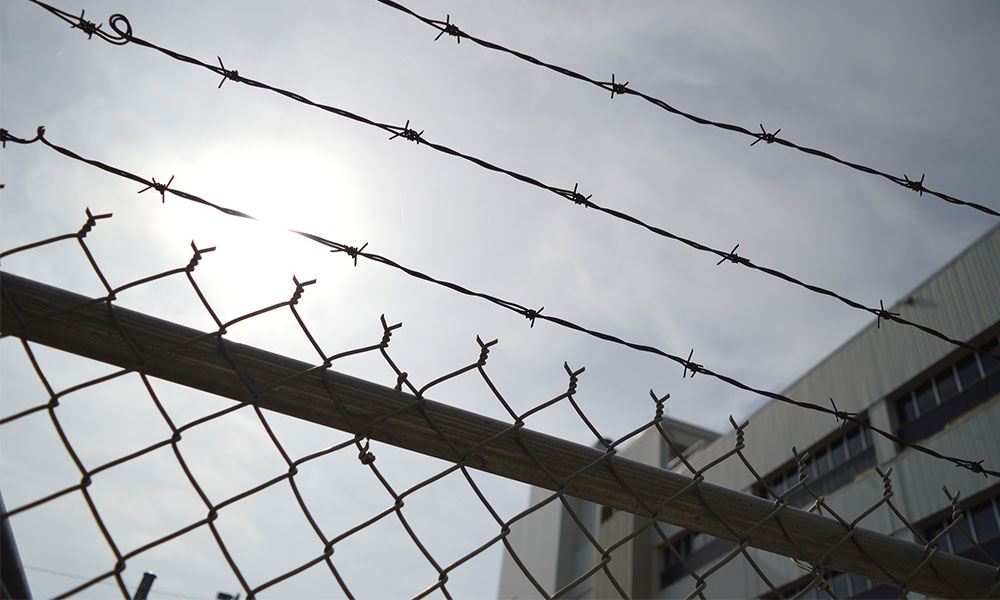
Published by Free Malaysia Today, image from Free Malaysia Today.
When Israel’s foreign ministry spokesman called Malaysia’s ban on Israeli participation in an upcoming sports competition on its territory shameful, the Malaysian foreign minister responded by expressing how disgusted he is by the Israeli reaction.
Meanwhile, another minister, Syed Saddiq Syed Abdul Rahman, accused Israel of “hypocrisy”.
This anti-diplomatic conversation between Malaysia and Israel points once again to an absence of a well-articulated foreign policy by Malaysia.
Last year, in his message on the occasion of International Day of Solidarity with the Palestinian People, Foreign Minister Saifuddin Abdullah referred to his Oct 15 motion in the Dewan Rakyat on tabling the foreign policy “framework”.
That framework, however, appeared to be not a newly devised strategic document, but a motion to adopt Dr Mahathir Mohamad’s speech at the UN General Assembly in that capacity.
In one of his comments, Saifuddin mentioned that it is not exactly a new foreign policy that is being introduced, only a “new framework” for existing policy that Malaysia has been conducting since independence.
This framework implies several directions, some of them inherited from Mahathir’s first term from 1981–2003, like the “Look East” policy, but now altered to fit a different international context.
Barely anything can be borrowed from the past in its intact form, so it remains to be seen what continuity there can be in foreign policy for the “new Malaysia” and what should be rigorously revised.
Even former prime minister Najib Razak tried to come up with ideas for change in foreign policy when he promised that under his administration there would be “a different [not confrontational] approach” to foreign policy, unlike that practised by a “former leader”. Of course, his policies are now being revised under the new administration.
Entrenched anti-Israelism
Apart from the absence of diplomatic ties between Malaysia and Israel, Malaysia’s anti-Israeli stance has been manifested quite coherently through sporting events.
In 2010, an Israeli boxer was issued a special Malaysian visa to participate in a reality show about boxing, but in 2015, Malaysia prevented two Israeli windsurfers from competing in the Youth Sailing World Championships, followed by the refusal of visas to the Israeli table tennis team in 2016, and the entry ban on the Israeli team for the World Para Swimming Championships in July this year.
Last year, an Israeli delegation was allowed to attend the UN Habitat Conference held in Kuala Lumpur, the first time for such Israeli participation in Malaysia. In reality, it was done under pressure from the UN, not because Malaysia was delighted to do so.
The point to note, though, is that it’s not only Mahathir’s consistent pro-Palestinian position that serves as a mouthpiece on the issue, while others simply nod to the outspoken leader.
Malaysia has always been an active participant in the peace process at the international level. Malaysian NGOs and political parties entertain the same view, and on Jan 16, they sent a memorandum to the foreign minister in support of the ban on Israeli sportsmen.
Meanwhile, in 2015, some 1,000 people gathered outside the US embassy in Kuala Lumpur to protest Washington’s support for Israel. This took place before Donald Trump made the scandalous decision to transfer its own embassy to Jerusalem, despite international condemnation.
Infuriated, some Malaysian activists burnt Benjamin Netanyahu’s portraits before a cheering crowd on Jalan Tun Razak. Malaysians must have appeared to the Israelis as a nation led by mad Muslims back then, yet even after that they remained pragmatic in their attempts to engage in one way or another.
Malaysia, in turn, has been involved in an approximately US$1 billion trade with Israel despite its anti-Israeli stance.
The amount accounted for by the Israeli side is mostly comprised of microchips imports, proving Malaysia to be pragmatic in its essential trade interactions.
Yet, can this speak for the overall coherence of Putrajaya’s foreign policy? The whole composition cannot be simply focused on the suffering of Palestinians without seeing a bigger picture of the Middle East and the overall role of Israel in it.
The anti-Israel gatherings lie on a totally different level of politics, namely domestic, and have little in common with the foreign policy narrative. The groups whose existence is somewhat premised on raging against Israel – seen as an enemy of oppressed Muslims – are bound to continuously prove that to their followers.
Likewise, the former prime minister’s sporadic rhetoric on the Rohingya in Myanmar constituted an appeal to voters rather than part of a well-formulated regional policy. Does anti-Israeli rhetoric serve the same agenda?
Mahathir voiced his concerns over the Palestinians once again at the UN in September last year, to show that his government is determined to maintain the same view. Wisma Putra acted accordingly with its policy on Israeli athletes.
In a sense, such inflexibility in altering the position on the situation with Palestinians, despite some Arab nations being more lenient towards Israel, sets Malaysia as a moral example in the Muslim world.
Just recently, the UAE not only allowed Israeli sportsmen to participate in a judo tournament, the Israeli national anthem was performed in Abu Dhabi when one of the sportsmen won a gold medal.
If the new government does not want to restrict its stand on Israel as primarily bait for Muslim voters, it must start thinking about the same sustainable position on other matters in the region, apart from campaigning for humanitarian help for the war victims in Syria.
Otherwise, this hyper-attention to remote matters will look like a distraction from the real problems it must face in the near abroad and at home.
A more articulate position on the Israeli role in Syria, and on other regional actors in both Syria and Yemen, still remains to be heard from Wisma Putra.
It is not necessary for Putrajaya to drag itself into any existing crisis, but this would contribute to maintaining coherence, if it has a guidebook for matters that concern its interests, not only the long-standing Israeli-Palestinian feud.
Julia Roknifard is Director of Foreign Policy at EMIR Research, an independent think-tank focused on strategic policy recommendations based upon rigorous research.

